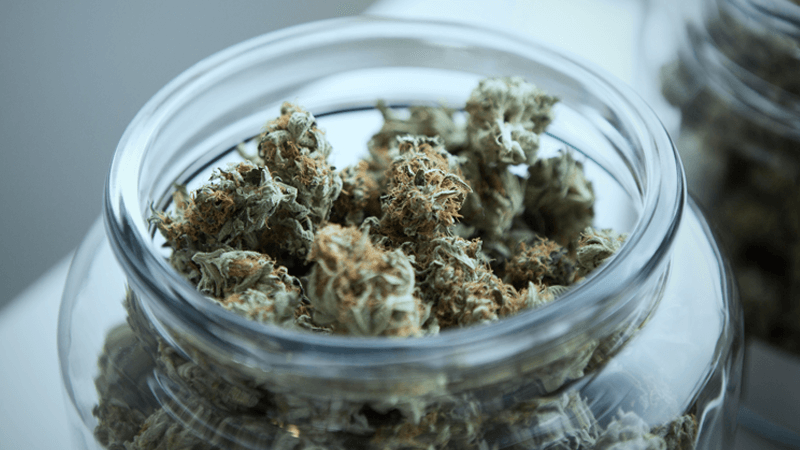Researchers have called for a crackdown on cannabis use after the drug was linked to a number of murders by British teenagers.
It follows the recent conviction of a 16-year-old cannabis user for the horrific murder of six-year-old Alesha MacPhail last July.
Aaron Campbell denied killing the girl, but it emerged during his trial that he had tried to purchase cannabis around the time Alesha went missing, and later told police that he was “really stoned”.
Murder
Alesha’s murder is the most recent high-profile case in a long series of killings by young people with a history of cannabis use. Each case has shown a burst of fatal violence, shortly after the perpetrator has used the drug.
In 2001, Robbie McIntosh, aged 15, killed civil servant Anne Nicoll in an unprovoked attack.
Two years later, 14-year-old Jodi Jones was killed by her boyfriend in Dalkeith, Midlothian. Witnesses reported seeing the pair smoking the drug prior to her murder.
Around the same time as Campbell’s conviction, a 17-year-old was jailed for the rape and murder of 14-year-old Viktorija Skolova in Wolverhampton last year.
Mental problems
Professor Neil McKeganey, Director of the Centre for Drug Misuse Research, said: “Cannabis served to distance these individuals from the horror of their actions and almost certainly contributed to their murderous mindset.”
Swathes of research connects cannabis use to mental illnesses, such as psychosis, particularly among young people.
Sir Robin Murray, Professor of psychiatric research at King’s College London, said there is quite a lot of evidence “that starting using cannabis in one’s adolescence increases the risk of psychosis.
“It’s usually been studied in people who started in their adolescence; they start at 15 and go psychotic when they’re 20.”
Lobbyists
Lobbyists for cannabis are pressuring the Government to legalise the potent drug.
But anti-cannabis campaigner Ross Grainger said: “We’re dealing with the human mind, this thing we barely understand, and yet we’re thinking of legalising a drug that affects it in very powerful ways that we don’t fully grasp.”

